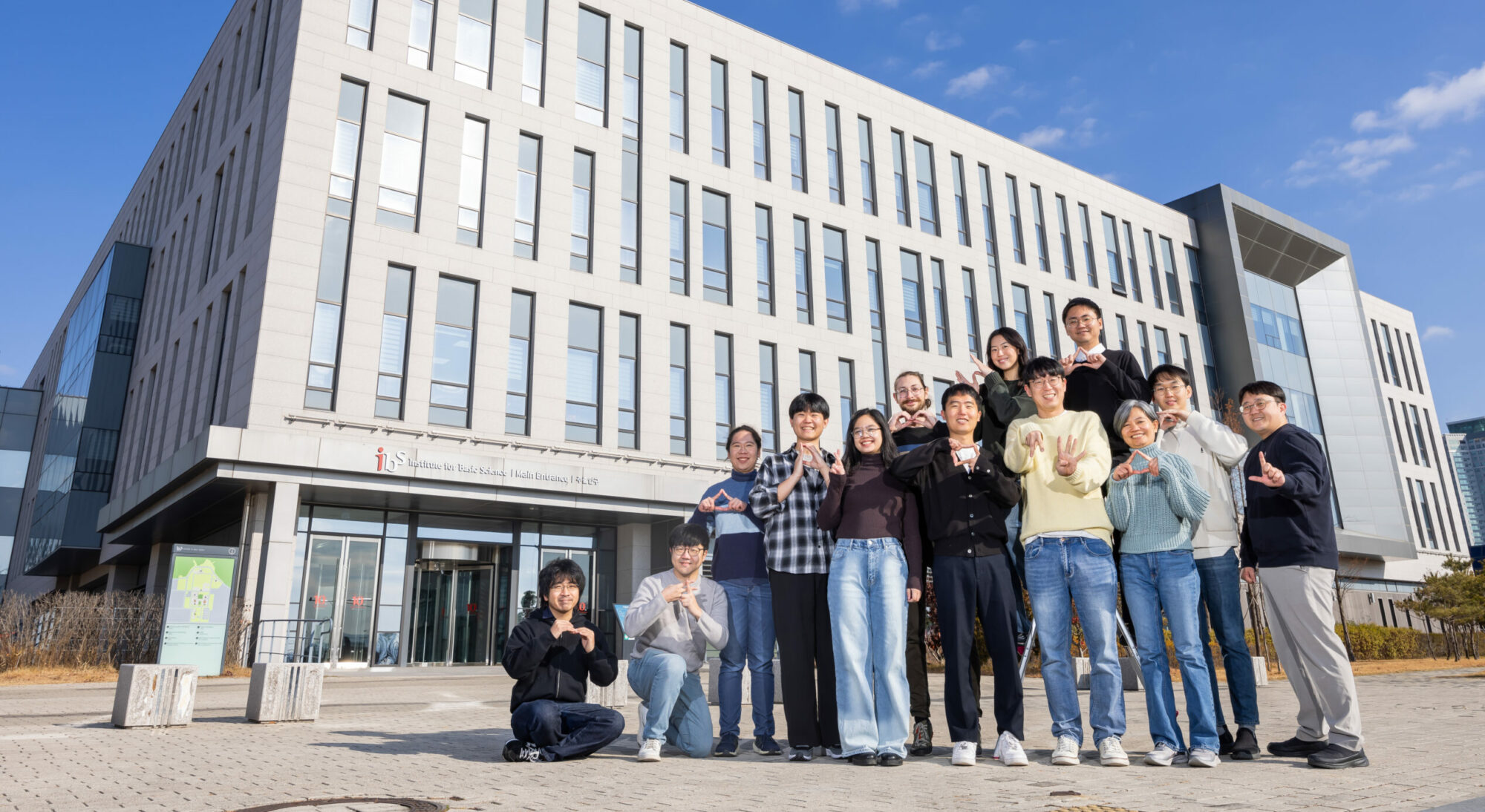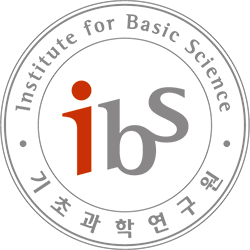
- This event has passed.
Scalable Modeling Approaches in Systems Immunology
July 23, 2021 @ 3:00 pm - 4:00 pm KST
Daejeon, 34126 Korea, Republic of + Google Map
Abstract:
Systems biology seeks to build quantitative predictive models of biological system behavior. Biological systems, such as the mammalian immune system, operate across multiple spatiotemporal scales with a myriad of molecular and cellular players. Thus, mechanistic, predictive models describing such systems need to address this multiscale nature. A general outstanding problem is to cope with the high-dimensional parameter space arising when building reasonably detailed models. Another challenge is to devise integrated frameworks incorporating behavioral characteristics manifested at various organizational levels seamlessly. First, we aimed to understand how cell-to-cell heterogeneities are regulated through gene expression variations and their propagation at the single-cell level. To better understand detailed gene regulatory circuit models with many parameters without analytical solutions, we developed a framework called MAchine learning of Parameter-Phenotype Analysis (MAPPA). MAPPA combines machine learning approaches and stochastic simulation methods to dissect the mapping between high-dimensional parameters and phenotypes. MAPPA elucidated regulatory features of stochastic gene-gene correlation phenotypes. Next, we sought to quantitatively dissect immune homeostasis conferring tolerance to self-antigens and responsiveness to foreign antigens. Towards this goal, we built a series of models spanning from intracellular to organismal levels to describe the recurrent reciprocal relationships between self-reactive T cells and regulatory T cells in collaboration with an experimentalist. This effort elucidated critical immune parameters regulating the circuitry enabling the robust suppression of self-reactive T cells, followed by experimental validation. Moreover, by bridging these models across organizational scales, we derived a framework describing immune homeostasis as a dynamical equilibrium between self-activated T cells and regulatory T cells, typically operating well below thresholds that could result in clonal expansion and subsequent autoimmune diseases. We propose that our framework and predictions may help guide therapeutic manipulation of immune homeostasis to treat cancer and autoimmune diseases.
References:
Park, K., Prüstel, T., Lu, Y., and Tsang, J.S. (2019). Machine learning of stochastic gene network phenotypes. BioRxiv 825943.
Wong, H.S., Park, K., Gola, A., Baptista, A.P., Miller, C.H., Deep, D., Lou, M., Boyd, L.F., Rudensky, A.Y., Savage, P.A., et al. (2021). A local regulatory T cell feedback circuit maintains immune homeostasis by pruning self-activated T cells. Cell S0092867421006589.

